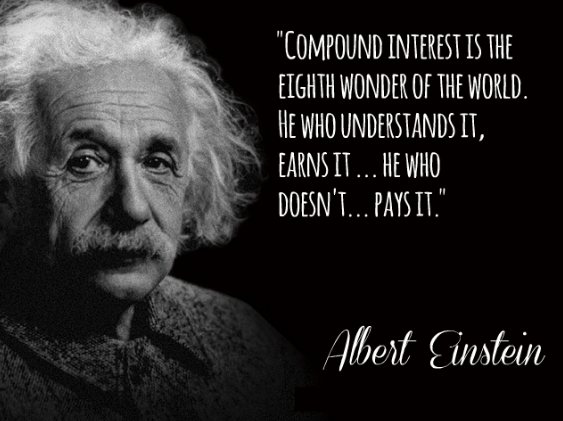“Americanah” by Chimamanda Ngozi Adichie
A little outside of my normal fare for novels, but from beginning to end I was invested and I really enjoyed it. The story of the two kids growing up in Nigeria, moving abroad as adults to different countries thinking life would be better, to later return back home was an interesting story arc to me. Some surprising viewpoints and unexpected outcomes kept me from trying to fit in preconceived notions the whole way. I think she was very good at that; knowing what people might be expecting and showing the reader that it just isn’t so.
There is so much of the story that I can not personally relate to, and yet the way she brought you into the character’s minds, and described the feelings, I felt like it is very easy for the reader to relate it to other situations than just the specific frustrations and obstacles the people of the story experience.
The quest to find oneself and development from childhood, to young adult, to an adult secure in their own person is something I felt and understood, as I’d expect many people can.
The relationship parts of the stories though were very relatable though and I felt the storytelling there is good in that anyone who has had a less than perfect relationship can place themselves in the characters’ places.
Overall, I’d say great book; interesting, engaging, well written, personal. I would recommend it to anyone interested in a story of personal struggle with self and personal relationships.
Edit: I wanted to add this as I was thinking about it more this morning. I think the main theme, which is sort of in-line with what I already wrote pre-edit, didn’t hit me until now.
At least to me, this book was about defining oneself starting from early childhood to adulthood and continuing that journey into adulthood. It was about figuring out who you are, who you want to be, what you expect from the world around you, and how to find that expectation and seize it. Not everything is as it is told or how you expect it to be. The goal or expectation has no meaning and is empty without the journey that gets you there.

 ). Anything someone finds interesting, wonderful, awful, or anything in between is a perfect contribution here as long as it is true and you’re willing to discuss it.
). Anything someone finds interesting, wonderful, awful, or anything in between is a perfect contribution here as long as it is true and you’re willing to discuss it.